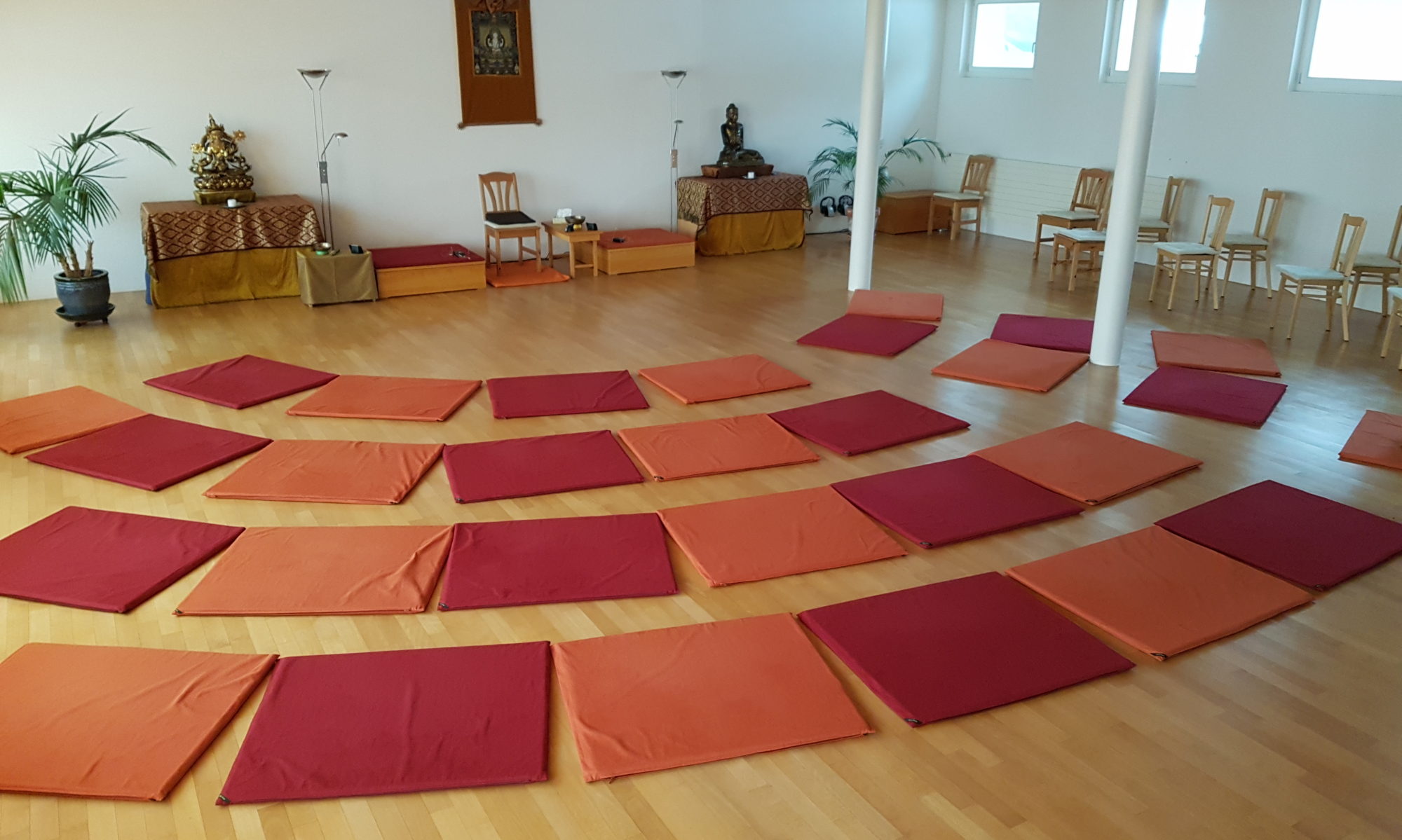Meditation and Mindfulness
in Awakening to Life without Alcohol and other drugs
Developing mindful awareness through meditation practice.
Quieten your mind. Reflect. Watch. Nothing binds you. You are free." (Dhammapada 350 - translated by Thomas Byrom )
People find mindfulness training helpful in managing everyday life and emotional problems because awareness allows us to know more clearly what is happening in and around us in each moment; it allows us to respond to difficulties consciously and skilfully, rather than with the automatic habitual responses that often make things worse; and it allows us to sample a way of being that is freer, and less driven by the need to have things be a particular way.
In response to the question “What is mindfulness?”, but more specifically “What is mindfulness in recovery?”; I will try to answer by borrowing some definitions from Kevin Griffin, Jon Kabat-Zinn and G.Alan Marlatt.
Kevin Griffin says that mindfulness is not just concentrating on something. Mindfulness is a focused, non-judgmental awareness on what is happening in the present moment. It helps us to let go of stress and connect with the beauty and joy of our ordinary daily life.
Mindfulness in recovery has the potential to bring the benefits of:
Calming – relieves stress of recovery.Insight – reveals destructive thought patterns. Patience – sitting with urges helps us to let go.
John Kabat-Zinn makes a point of saying that mindfulness is not relaxation spelt differently! His definition goes along the lines of
“Mindfulness is paying attention;
on purpose; in the present moment;
non-judgmentally;
as if your life depended upon it”.
Mindfulness practice puts a space between you and what’s going on for you. Meditation on your breath, your body, your thoughts and your feelings can let you see “this is pain, “this is love”, “this is fear”, “this is joy”, “this is craving”, Mindfulness reveals them all.
As a direct result of my Buddhist practices, including Sajja, meditation and mindfulness, I enjoy a relaxed, comfortable and happy life after addiction. I have heard it said that abstinence is dangerous but I have seen that it is relapse that destroys lives; and I’m sure that relapse would destroy me.
As someone who is awakening to life after addiction, I have to agree with Jon Kabat-Zinn. When it comes to the practice of mindfulness I am certain, my very life does depend upon it.
There is now scientific, as well as anecdotal, evidence of the benefits of meditation for recovery but knowing this is not enough… it is the time spent on the cushion that counts.
With mindfulness you are invited to change your view of your world and your view of yourself in your world.
Unplug yourself from The Matrix…
"..for direct knowledge, for the full understanding, for the utter destruction, for the vanishing, for the fading away, for the cessation, for the giving up, for the relinquishment of intoxication and craving, these two things are to be developed. Which two? Serenity and Insight. For the relinquishment of intoxication and craving these two things are to be developed." (Buddha)
Related resources:
Topics for contemplation & investigation : Mindfulness & Meditation (Sati)
Audio Link : Just One More! : Talks and guided meditations from the Dependent Origination and Cycles of Addiction retreat by Ajahn Amaro at Amaravati Monastery. [The diagrams on pages 5, 6 and 7 of the Hungry Ghost Booklet are useful when listening to these talks].
Audio Link : Truthfulness and Resolve – a talk by Andrea Fella (53-minutes)
Webpage : Mara, I see you!
Webpage : Surfing The Urge – by G. Alan Marlatt.
Webpage : A Simple Guide to Life by Robert Bogoda
Webpage : The Guest House – a poem by Rumi
Video Link : Doing Time, Doing Vipassana (official full documentary on Indian Prisons)
Video Link : The Dhamma Brothers (an updated and inspiring film)
The following online talks are based on the Foundations of Waking Up:
- Truth, Karma and Commitment to Awakening (Sajja / Sacca)
- Generosity in Thoughts, Words and Actions (Dana)
- Living in Harmony: Ethics-Harmlessness-Blamelessness (Sila)
- Self-love, Self-compassion, Self-appreciation & Self-balance (Bramha-Viharas)
- Transgression & Forgiveness (Khama)
- Mindfulness & Meditation (Sati & Bhavana)
- Fellowship & Good Friends (Kalyana-Mitatta)
- OK – Where Do I Go Now? (Tales from the bumpy road… a summary of the journey so far)
